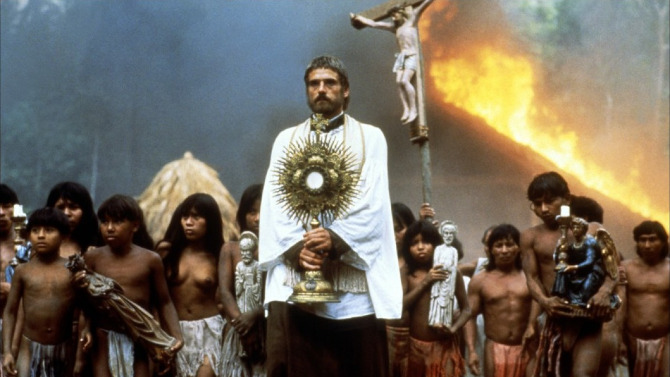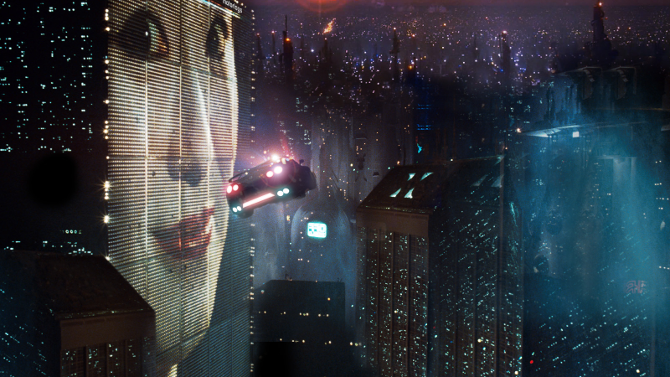
Murder ‘Mystery’
Sometimes a movie just doesn’t fit perfectly within its own genre... going against a few of the tropes that define what something is, all while hitting enough of them to still be what it is – confusing! That’s the case with this latter-day Italian giallo, Mystère... sometimes better known by its English title Dagger Eyes (1983). Co-written and directed by Carlo Vanzina, the film opens with a rather impressive, though more crime inspired assassination in Rome... resembling the real life John F. Kennedy car killing. It will start a chain reaction of murders that will rock the Eternal City.
-
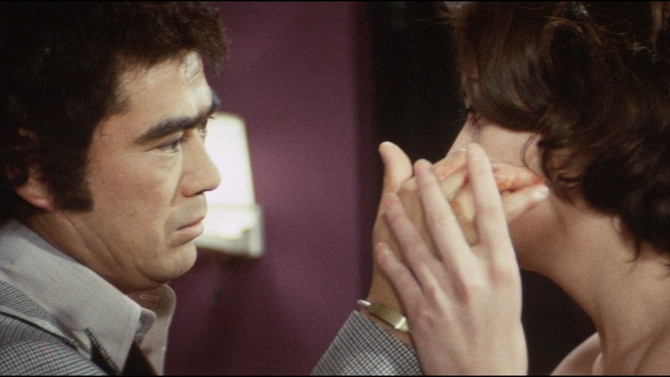
Clap for the Wolfguy
Wolf GuyOctober 17, 2017One of the weirdest mash-ups ever to grace the silver screen, 1975's Wolfguy: Enraged Lycanthrope fuses martial arts action, an investigative crime tale, political conspiracy, sci fi elements, and horror concepts within the box of a B movie exploitation piece. With a title like that, you can probably guess that it is a foreign film, translated to English from Japanese, in this case – these films are often labelled under J-horror. For those linguists out there, you will know that lycanthrope means a werewolf, and Akira Inugami (Shin'ichi “Sonny” Chiba) is the last survivor of a long line of these beasts – the rest of them hunted and killed by those afraid of anything outside of the norm. He uses his wolfish powers to investigate unusual crimes.
-
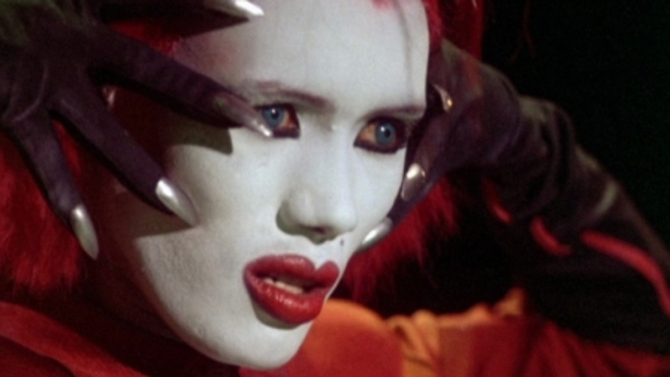
Strip Poker
VampOctober 15, 2017It is likely that this sounds familiar: a movie about a group of people who enter an unusual strip club that ends up being packed with vampires – I would fashion a guess that most film afficionado’s would immediately point to the now iconic Quentin Tarantino penned (and executive produced), Robert Rodriguez directed 1996 horror feature From Dusk Till Dawn. . . though this concept was actually first done a decade earlier in the 1986 horror comedy Vamp. Producer Donald P. Borchers came up with a simple idea, ‘vampire strippers’, and decided to take it to a young filmmaker with only one well respected short film to his name – Dracula Bites the Big Apple, Richard Wenk (now a well respected screenwriter who has penned such films as 16 Blocks, The Equalizer, the remake of The Magnificent Seven and Jack Reacher: Never Go Back), who expanded the idea and took on the role of director as well.
-
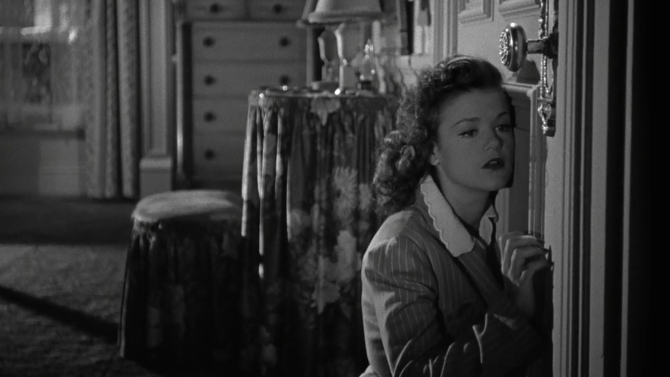
Catnip
Cat PeopleOctober 13, 2017In 1942, RKO Pictures set up a horror unit under producer Val Lewton, a former journalist, novelist and poet who had gone on to become a story editor for David O. Selznick. It was his job to develop low budget horror pictures for under 150,000 dollars, with the studio providing the titles for the films. His first task, the strangely named Cat People, almost seems like a joke. A way for RKO to compete with the popular Universal horror films of the time, Lewton hired writer DeWitt Bodeen (I Remember Mama), director Jacques Tourneur (Out of the Past), cinematographer Nicholas Musuraca (I kid you not, both Out of the Past and I Remember Mama), and composer Roy Webb (Notorious, Marty) – a quality ensemble. And, Lewton supervised everything, the type of producer who would do re-writes on scripts, aid with editing and be involved in every other minute detail of the production process. In a unique twist, the films Lewton created with RKO have become synonymous with him and his distinct style, rather than the directors’, a rare occurrence to be sure.
-
Star Pick with Guy Boucher
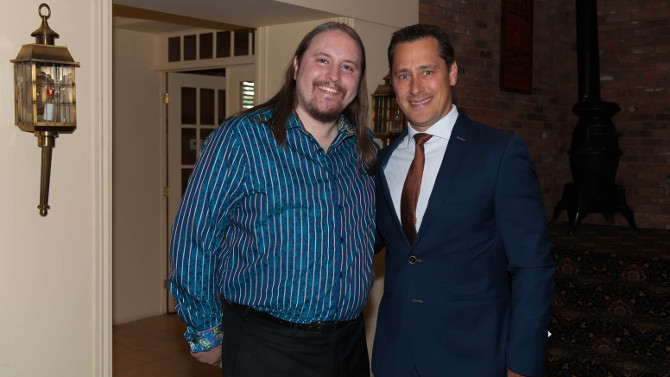 Mission StatementThe MissionOctober 10, 2017
Mission StatementThe MissionOctober 10, 2017It was an absolute pleasure sitting down with Guy Boucher just prior to the beginning of the 2017-2018 National Hockey League season. At a charitable event for The Children’s Treatment Centre, he was one of the roasters of Ottawa Senators’ assistant coach Marc Crawford, in what can only be termed a hilarious evening. With an impressive start to his coaching career, Boucher began in the Quebec Major Junior Hockey League, capping it off by winning the Paul Dumont Trophy in 2009 – awarded to the personality of the year, while with the Drummondville Voltigeurs. The success brought with it a head coaching job with the Hamilton Bulldogs in the American Hockey League, the affiliate of the Montreal Canadiens, where he took home the Louis A. R. Pieri Memorial Award (coach of the year) in 2010.
-
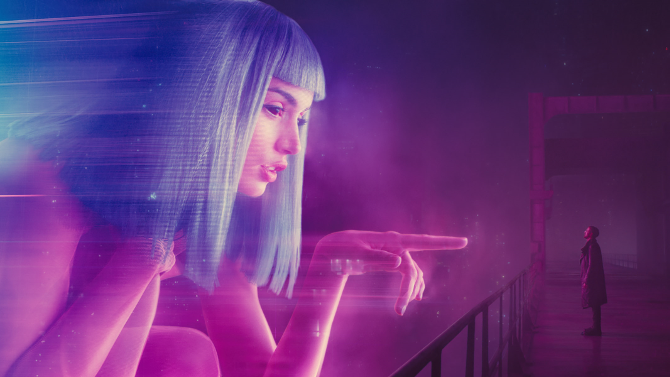
Do Not Replicate
Blade Runner 2049October 6, 2017Coming to theatres thirty-five years after the original motion picture, Blade Runner 2049 is set thirty years after the original film, expanding the vivid dystopic universe and the deep philosophical questions brought forth all the way back in 1982. Perhaps the most unexpected query to come out of the movie. . . can a world truly be dystopic if people are still listening to the one and only Frank Sinatra? At least to me, it cannot be too far gone if there is still the music of Ol’ Blue Eyes. Transporting us into the world in almost the exact same fashion as the original, director Denis Villeneuve (with original director Ridley Scott now executive producing) miraculously captures the original fusion of futuristic sci fi and film noir, with touches of his own unique style – all done in a more expansive, epic way.
-
Star Pick with Tia Carrere
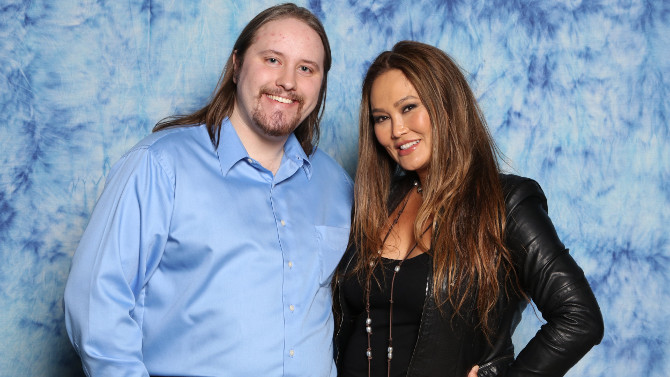 No Replicant RequiredBlade RunnerOctober 3, 2017
No Replicant RequiredBlade RunnerOctober 3, 2017The last few years have been a dream for fans of films and television series of the 1980s and 90s, as it seems like more and more are getting sequels (often after many long years), usually with at least a portion of the original cast (and often the director back in either the same role or that of producer) returning to play a part left behind long ago. Think, in no particular order, Dumb and Dumber, Full House, Mad Max, Rocky (Creed), Star Wars, Wet Hot American Summer (actually early 2000s), Jurassic Park, and, as of this Friday, add Blade Runner to the list. Returning to the silver screen thirty-five years after the original, Ridley Scott this time puts his executive producer cap on, with Denis Villeneuve taking over directorial efforts, while Harrison Ford delves into the Rick Deckard character once again. . . though, you’ll have to wait to hear more on that. As a lead-in to the long awaited sequel, the original 1982 picture is the focus today.

